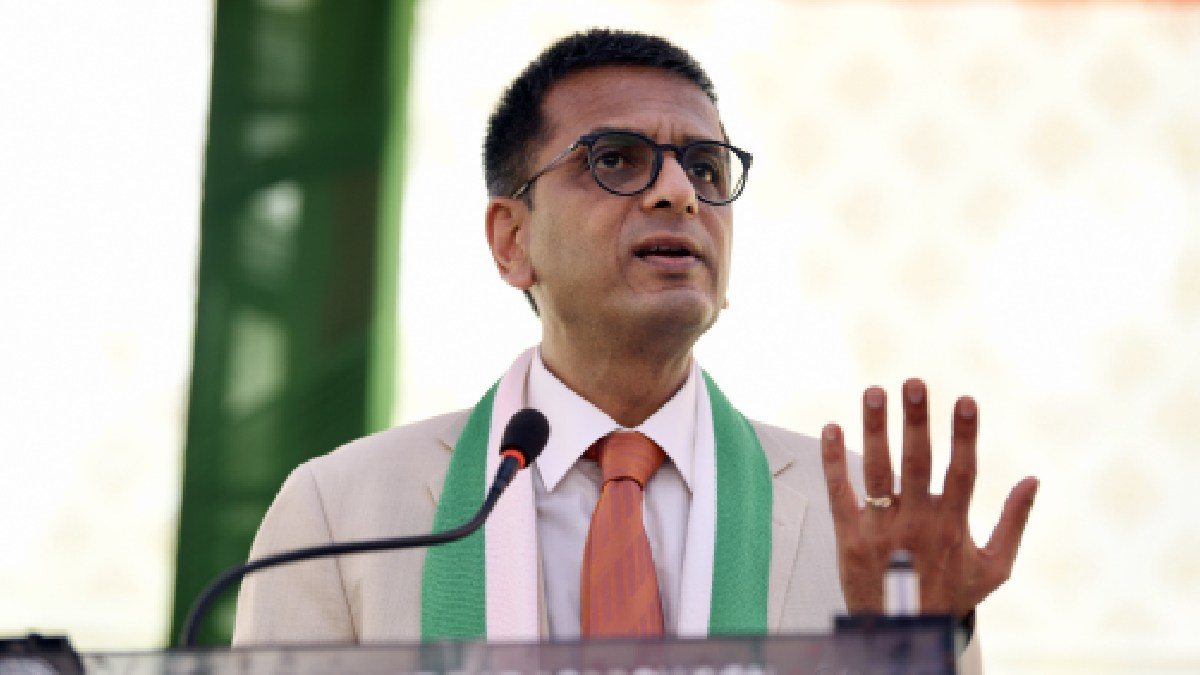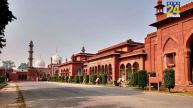New Delhi: In a startling revelation, Chief Justice of India, DY Chandrachud, has shed light on the implications of Article 35A of the Constitution. This provision has systematically stripped individuals not residing in Jammu and Kashmir of vital constitutional rights. Today, during the 11th day of hearings regarding the petitions challenging the annulment of Article 370, which bestowed special status upon Jammu and Kashmir, the Chief Justice made some noteworthy observations.
A web of exclusions
Chief Justice Chandrachud highlighted the disheartening reality that Article 35A has wrought upon the citizens. The provision has cast a shadow over fundamental rights such as equality of opportunity, state government employment, and the right to purchase land. This deprivation is rooted in the fact that special privileges were afforded only to residents of Jammu and Kashmir, leading to the exclusion of non-residents.
A higher legal realm
Additionally, the Chief Justice aligned himself with the Centre’s perspective, asserting that the Indian constitution holds a more elevated position compared to the Jammu and Kashmir Constitution. This viewpoint was emphasized during the course of discussions surrounding the scrapping of Article 370.
Implications on Fundamental Rights?
Justice Chandrachud delved into the details of how Article 35A has affected fundamental rights. The provision directly encroached upon Article 16(1), which safeguards the right to employment under the state government. He pointed out that while Article 16(1) was seemingly preserved, Article 35A discreetly nullified this crucial right and remained shielded from challenges.
Diminishing the pillars of rights
Equally concerning was the impact on Article 19, which upholds the right to reside and settle anywhere within the nation. The Chief Justice highlighted that Article 35A essentially curtailed these three fundamental rights, leaving the citizens without a means of recourse due to the absence of judicial review.
Centre’s assertion and its impact
The Centre has consistently argued that scrapping the special status of Jammu and Kashmir was essential to provide a level playing field for all citizens. Solicitor General Tushar Mehta, representing the Centre, emphasized that this move has integrated the people of Jammu and Kashmir on equal footing with the rest of the country. The implementation of welfare laws, such as the Right to Education through constitutional amendments, is a testament to this harmonization effort.
Future of constitutional equity
As discussions continue to unfold, the revelation by Chief Justice Chandrachud underscores the complex interplay between constitutional provisions and citizens’ rights. The fate of Article 35A and its implications on fundamental rights remain pivotal aspects of the ongoing deliberations.













